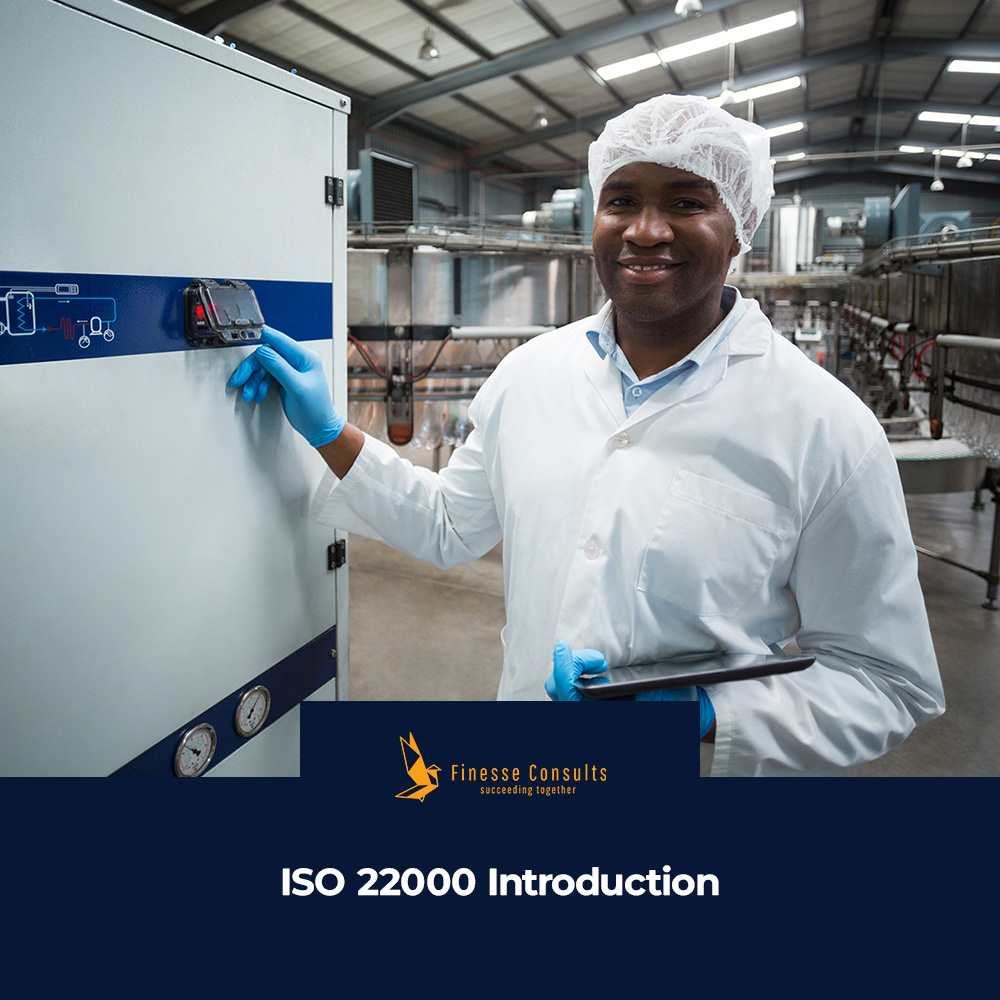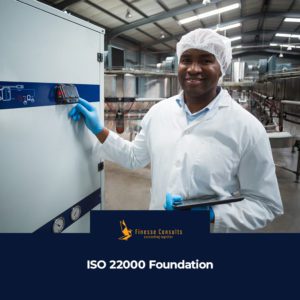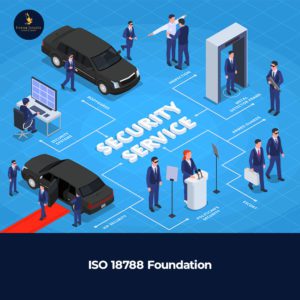Why should you attend?
ISO 22000 Introduction is a one-day training course which presents the basic concepts of food safety and provides an overview of the ISO 22000 requirements for a food safety management system (FSMS). Participants will be acquainted with the requirements set out in clauses 4 to 10 of ISO 22000, along with explanations on the intent of each clause. In addition, the connection between ISO 22000 and other standards will be highlighted.
Who should attend?
The ISO 22000 Introduction training course is intended for:
- Managers and consultants wishing to get introduced to the ISO 22000 requirements for an FSMS
- Personnel responsible for maintaining conformity to the ISO 22000 requirements in an organization
- Personnel responsible for maintaining the safety of products and services
- Members of FSMS implementation project teams
- Individuals aspiring to pursue a career in food safety
Learning objectives
By the end of this training course, the participant will be able to:
- Understand the main concepts and definitions related to food safety
- Understand the structure and elements of a food safety management system (FSMS) based on the requirements of ISO 22000
Educational approach
The training course is participant centered and contains:
- Essay-type exercises and multiple-choice quizzes
- Interactions between participants by means of questions and suggestions
Prerequisites
There are no prerequisites to participate in this training course.
More Details
Course Agenda
This one-day training course is comprised of the following sections:
- Section 1: Training course objectives and structure
- Section 2: Standards and regulatory frameworks
- Section 3: Introduction to food safety management concepts and principles
- Section 4: An overview of ISO 22000 requirements — Clauses 4 to 10
- Section 5: Closing of the training course
General Information
- Training material of over 100 pages of information and practical examples will be provided.
- An attestation of course completion worth 7 CPD (Continuing Professional Development) credits will be issued to participants who have attended the training course.




